
Many people see losing their hair as part of aging. However, where men would rather shave it bald than worry about hair loss, the same can't be said for women. For them, hair loss can be emotionally and socially damaging.
If any of this sounds familiar, there might be hope! Study after study on hair loss shows that certain essential oils can help hair grow back thicker, healthier, and faster.
What affects hair growth?
For most people, hair grows between .2 and .7 inches per month. Several things affect how fast or healthy our hair grows, but we can't control them all. The main factors that influence hair growth or loss are genetics, sex, age, and nutrition, although stress can also be a factor.
- Genetics: Your family's history with baldness gives you a good indication.
- Sex: Men's hair tends to grow faster than women's.
- Age: Your best hair growth years are between 15 and 30.
- Nutrition: Eat healthy foods, and have healthier hair (and body).
- Stress: Being under constant stress releases cortisol, and long-term stress can cause a wide range of symptoms, including hair loss.
We can't do anything about the first three, but stress and nutrition are fully within our control. However, even a healthy person's hair sometimes needs a boost. If your hair loss is genetic or age-related, essential oils may still help minimize hair loss or even help it grow back.
Before we get into which essential oils you can use for hair loss, remember that hair loss and thinning hair is sometimes an unavoidable side effect of other health issues.
Essential Oils Enhance Hair Growth & Thickness
Although genetics play a role in your hair thickness or lack thereof, science has a way of proving things the herbalists and aromatherapists knew for generations. For example, scientific studies show that peppermint reduces headaches, and rosemary increases mental clarity. We have used both of these herbs for those very things for centuries, but the scientific studies are only a few years old.
The same is true if you're losing hair.
Over the last 10-15 years, scientific studies have shown marvelous results through using the herbs and essential oils we love.
Although the studies aren't fun to read, they're interesting and loaded with great information. So, we read. In doing so, we discovered several essential oils that can help you grow thicker, healthier hair—in less time. In some cases, you can even regrow hair.
Essential Oils are Safer
Generally, essential oils are safer and more affordable than pharmaceutical drugs—making them an attractive alternative.
Across the several essential oil studies we read, there were a few common threads:
- Selected essential oils produce similar hair growth as the drug minoxidil.
- Research also showed that essential oils are safer than drugs and had no spleen or thyroid involvement.
- Others show that adding them to a minoxidil treatment increased the effects of the drug by itself.
- Most studies also had a control group that included the carrier oils they used with the essential oil, which also seemed to increase hair growth.
- Hair texture improved in the studies; it was also thicker, healthier, and grew back in less time.
With results like that, using a natural remedy makes sense.
Which Essential Oils are Best for Hair Loss
There's a ton of information out there on hair growth, curing baldness, improving thinning hair, and moisturizing dry and brittle hair. So much information that it's hard to decide where to begin!
We've compiled our favorite essential oils that enhance hair health and growth. Of course, as with all things, there's no guarantee. However, the possibility of a better head of hair without harmful side effects makes them worth a try!
Lavender essential oil
As a great "general use" essential oil, lavender appears in dozens of natural remedies. Its anti-inflammatory, anxiety-reducing, and relaxing properties make it a clear favorite. However, in addition to promoting calm lavender also promotes hair growth—making it grow faster and thicker.
Peppermint essential oil
Peppermint's medicinal uses mostly relate to stomach issues, sinus congestion, allergies, and headaches. Yet, for hair health peppermint outperforms some medicines and can make your hair grow thicker and faster.
Cedarwood essential oil
While it’s not as well-known as other essential oils, cedarwood essential oil helps hair growth by increasing circulation wherever it's applied. So, by including it in your hair growth recipe, you can improve your odds of positive results. Researchers used cedarwood, lavender, rosemary, and thyme diluted in grapeseed and jojoba oil. After seven months of daily use, alopecia areata patients saw a 44% increase in hair growth and thickness.
Tea tree essential oil
We use tea tree essential oil for everything from cuts to cold sores. In addition, tea tree oil is an outstanding antiseptic and helps surgical wounds heal faster.
It's also fantastic for hair health. You can use it in your regular shampoo to help with dandruff and overall scalp health.
Rosemary essential oil
Not to be outdone by the others, rosemary essential oil has extensive studies showing its usefulness in hair growth and thickness. A 2015 study showed no difference between rosemary and minoxidil after six months of use. It's also said to help darken your hair!
Other essential oils for hair growth
While our top five are most common in hair growth recipes, others also come highly recommended. Most seem to strengthen follicles and help hair grow faster.
- Lemongrass — keeps follicles strong.
- Thyme — works well with rosemary and improves circulation.
- Clary Sage — great for the scalp.
- Chamomile — can lighten the hair too.
- Ylang-ylang — excellent skin tonic.
Where to buy essential oils for hair
All of these essential oils are available in stores or online. They're easily purchased from reputable producers.
When you purchase them in-store, try to get a sniff. A quality essential oil should smell potent but not rancid.
You'll find that some essential oils are very expensive, but this isn't arbitrary. Instead, it's because less essential oil comes from the plant.
Essential oils like peppermint and lavender are cheaper because they grow easily and produce a good amount of oil. This makes them excellent candidates for home steam distillers. Thyme and rosemary can also be steam-distilled at home.
How to Blend Essential Oils for Hair Growth
The possibility of getting thicker, healthier hair makes trying some of the craziest ideas appear reasonable. However, mixing essential oils to improve thinning hair isn't crazy and couldn't be easier—you only need a carrier oil, essential oils, and a jar.
Choosing carrier oils for hair blends
Most of the studies used jojoba oil, which seemed to show a slight improvement in hair growth. It leads me to believe there's an environmental component to thinning or brittle hair. If that's the case, make sure that you're using hair and scalp-healthy shampoos, conditioners, and other products. After all, clogged, unhealthy scalps can't grow healthy hair.
Here are a few carrier and moisturizing oils you could choose for your hair growth blend:
- Fractionated coconut oil: lighter weight and may be better for oily scalps or fine hair.
- Olive oil: heavier but highly moisturizing. Great for dry scalp or brittle hair.
- Jojoba oil: Highly moisturizing. Used in many studies regarding essential oil and may help scalp health.
- Vitamin E: A small percentage helps the scalp.
- Sweet almond oil: A small amount is good for scalp health.
We noticed that olive oil is usually best for curly or coarse hair, while coconut oil seems to work better on fine hair. However, neither is inherently right or wrong; experimenting with them should be fine.
Now that you're armed with research-based information let's make some hair treatment oils! We have three recipes using these wonderful oils.
Mix the essential oils with your carrier oil in a small, lidded jar. We’ve created three recipes for you to try, but feel free to mix and match. All of the essential oils have either shown results in trials or are known to improve scalp and skin health.
Quick note: You’ll notice we didn’t use any water in these recipes. Although essential oils aren’t “oils” in the strictest sense, they do not mix with water.
|
Peppermint Zinger |
Lavender-Rosemary |
Woodsy Rosemary |
|
4oz Fractionated coconut oil |
4oz Extra virgin olive oil |
4oz Jojoba oil |
|
10 drops Peppermint |
15 drops lavender |
15 drops rosemary |
|
10 drops rosemary |
15 drops rosemary |
10 drops cedarwood |
|
10 drops tea tree oil |
5 drops thyme |
10 drops lavender |
|
10 drops lemongrass |
5 drops cedarwood |
5 drops tea tree oil |
Using the oil-based recipes takes a little time, but it's time well-spent for healthy hair! First, massage a small amount of the blended oil into your scalp. Then, work outwards from there, toward the ends of your hair. Leave it in for 30-40 minutes before washing it out.
Adjust your hair treatment schedule depending on your hair's condition—extremely dry, thin, or nonexistent. Here are a few tips:
- For dry but otherwise healthy hair: Once or twice per week should be enough. After your hair is healthier, dropping back to once a month is fine. However, to prevent a repeat occurrence, try to address the issue of why your hair was so dry and brittle.
- Thinning hair or receding hairline: At least twice a week for three to six months before trying to reduce the frequency.
- Regrowing hair after an illness or chemotherapy: Daily until you're satisfied with results.
Cautions
Before using an unfamiliar essential oil, do a small patch test. If you notice redness, irritation, itching, or even blisters after a hair treatment, don’t use it.
Even though essential oils are very safe, prolonged use of the same oils can cause a sensitivity, so if you notice any sensitivities cropping up, stop using it.
Disclaimer: We aren’t doctors, and this information is purely educational. Personal responsibility is the other side of freedom, so check with your doctor before making any changes to your treatment or medical care.
References:
Lee, B. H., Lee, J. S., & Kim, Y. C. (2016). Hair Growth-Promoting Effects of Lavender Oil in C57BL/6 Mice. Toxicological research, 32(2), 103–108. https://doi.org/10.5487/TR.2016.32.2.103
Oh, J.Y., Park, M.A., & Kim, Y.C. (2014, December 31). Peppermint Oil Promotes Hair Growth without Toxic Signs. Toxicological Research. The Korean Society of Toxicology. https://doi.org/10.5487/tr.2014.30.4.297
Hay, I. C., Jamieson, M., & Ormerod, A. D. (1998). Randomized trial of aromatherapy. Successful treatment for alopecia areata. Archives of dermatology, 134(11), 1349–1352. https://doi.org/10.1001/archderm.134.11.1349
Farouk Sakr F, Gado A, Mohammed H, Ismail AAN. (2013, May 30) Preparation and evaluation of a multimodal minoxidil microemulsion versus minoxidil alone in the treatment of androgenic alopecia of mixed etiology: a pilot study. Drug Des Devel Ther. 2013;7:413-423 https://doi.org/10.2147/DDDT.S43481
Panahi, Y., Taghizadeh, M., Marzony, E. T., & Sahebkar, A. (2015). Rosemary oil vs minoxidil 2% for the treatment of androgenetic alopecia: a randomized comparative trial. Skinmed, 13(1), 15–21. https://pubmed.ncbi.nlm.nih.gov/25842469/

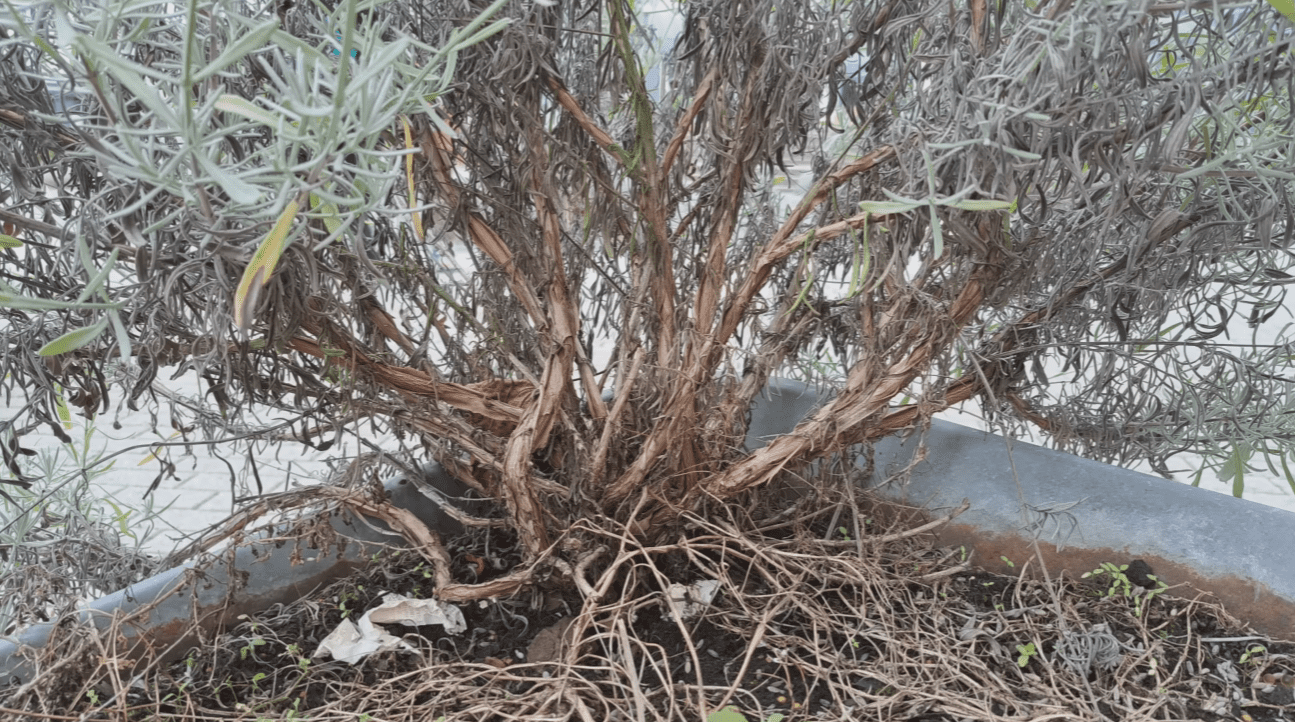
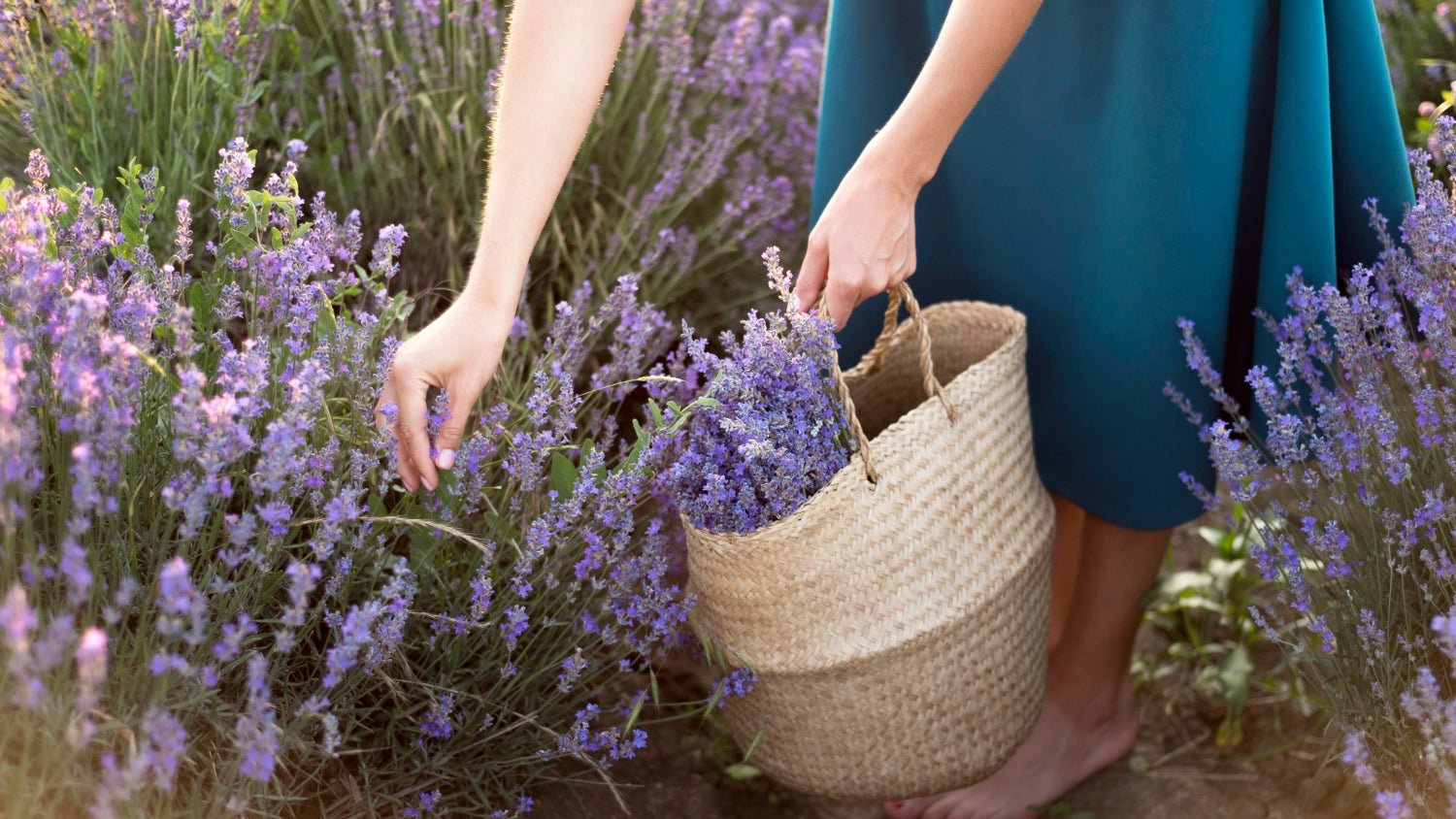
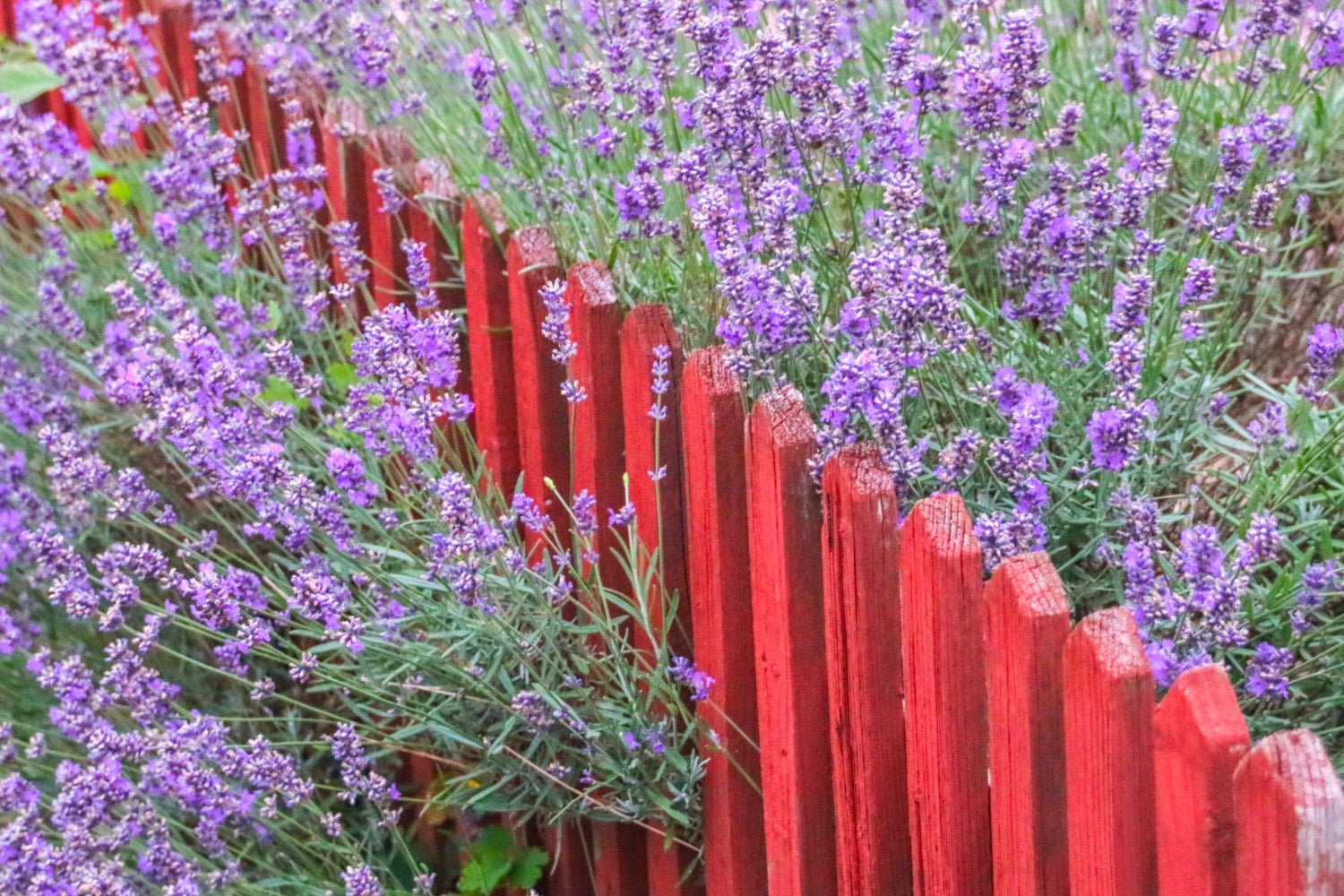
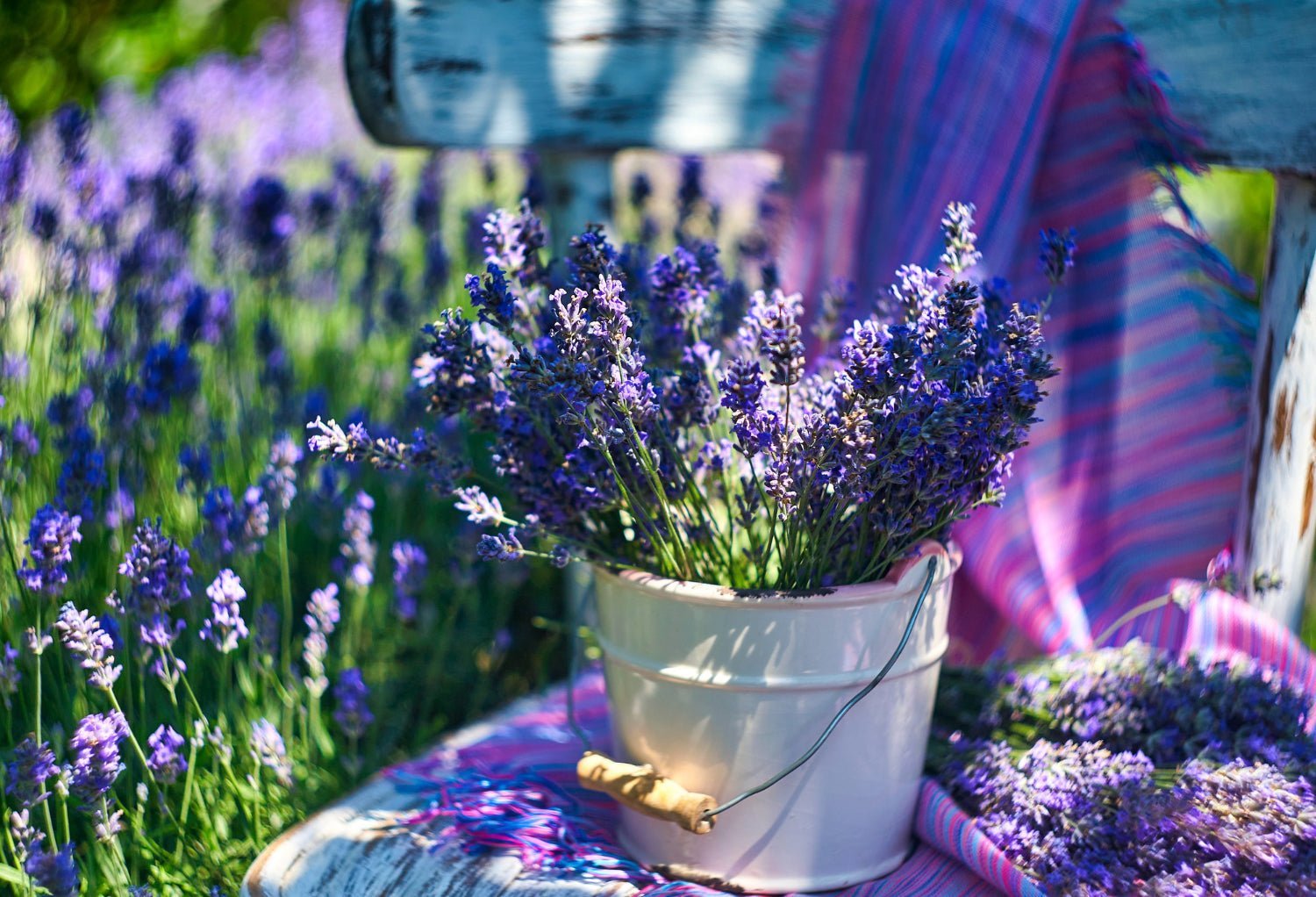
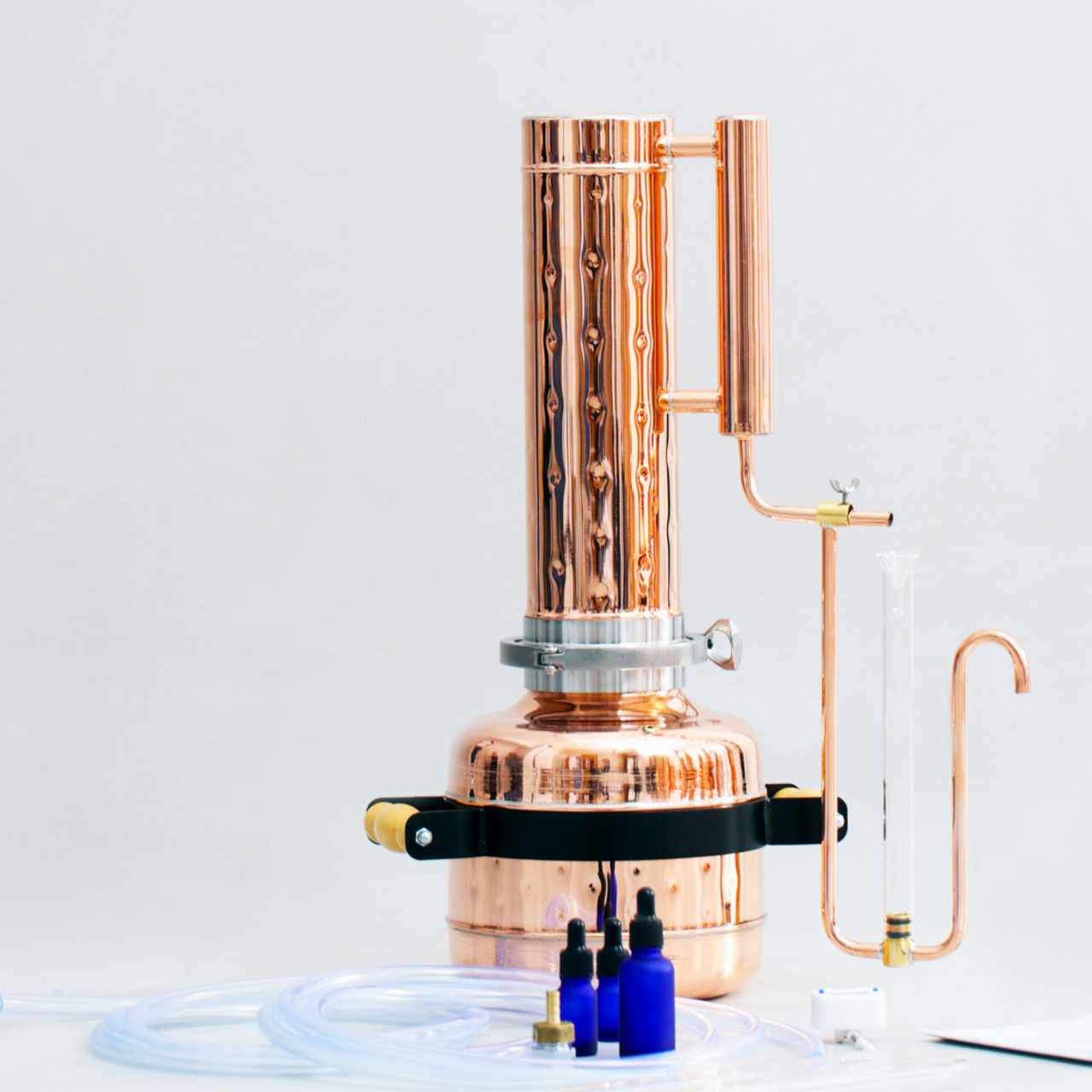
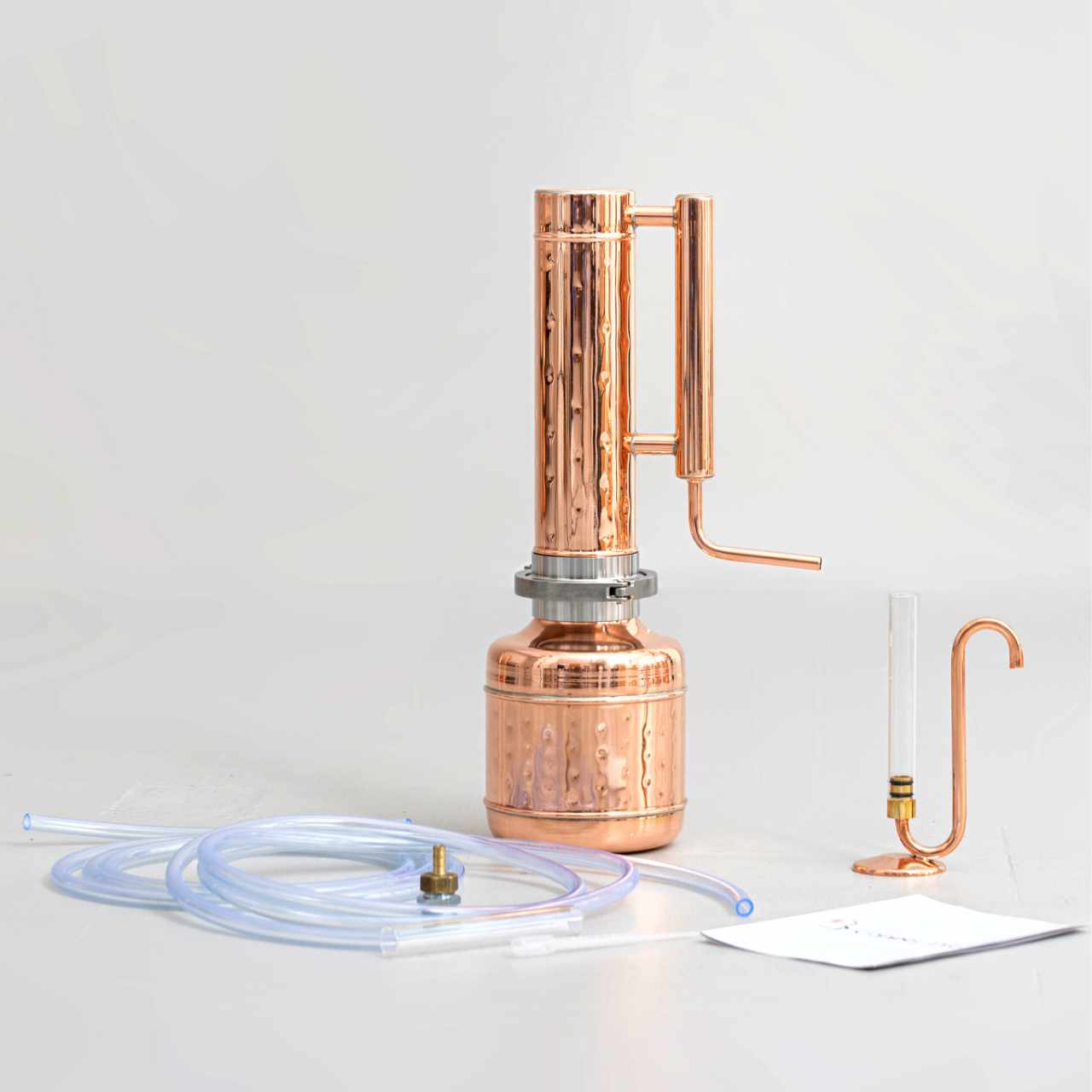
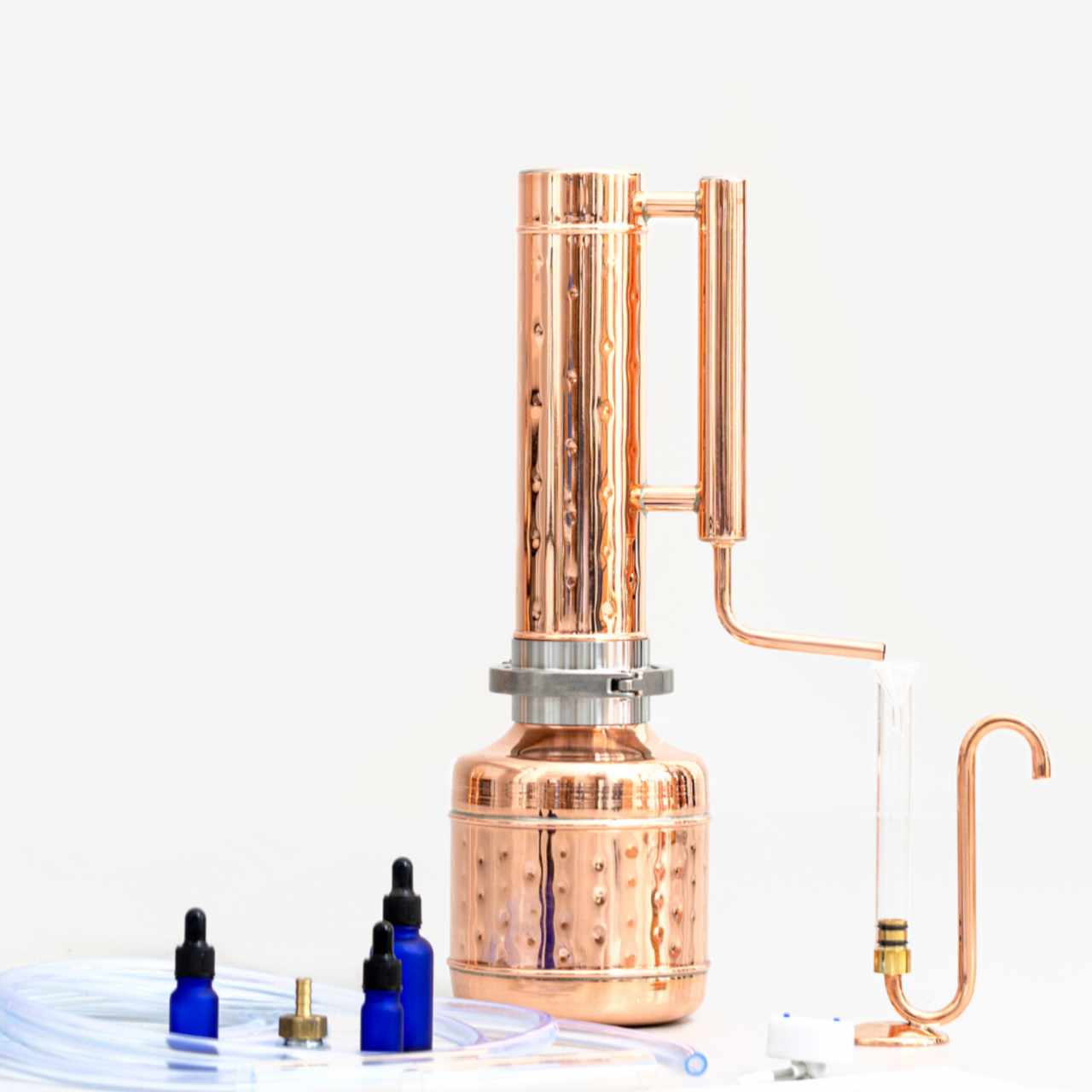
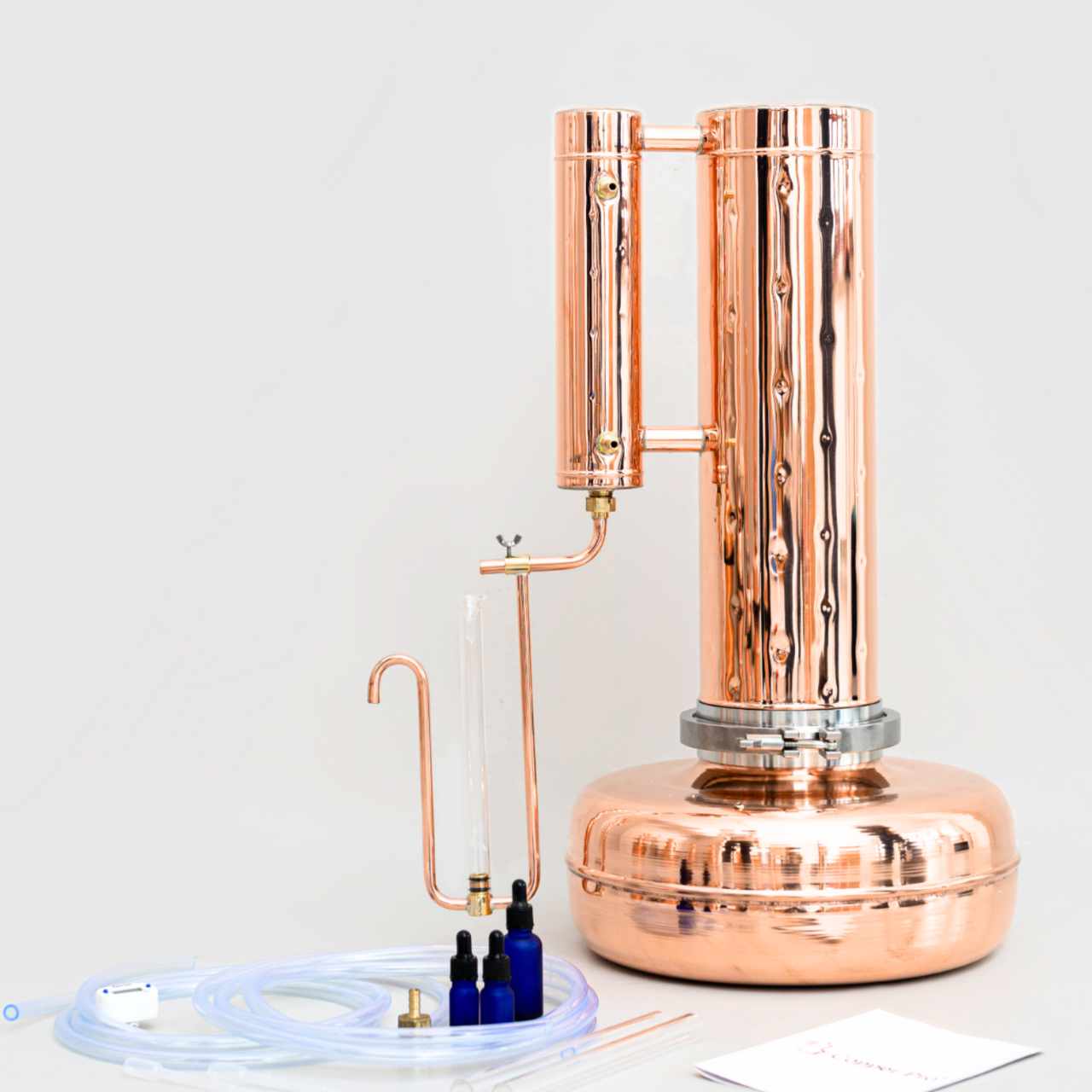
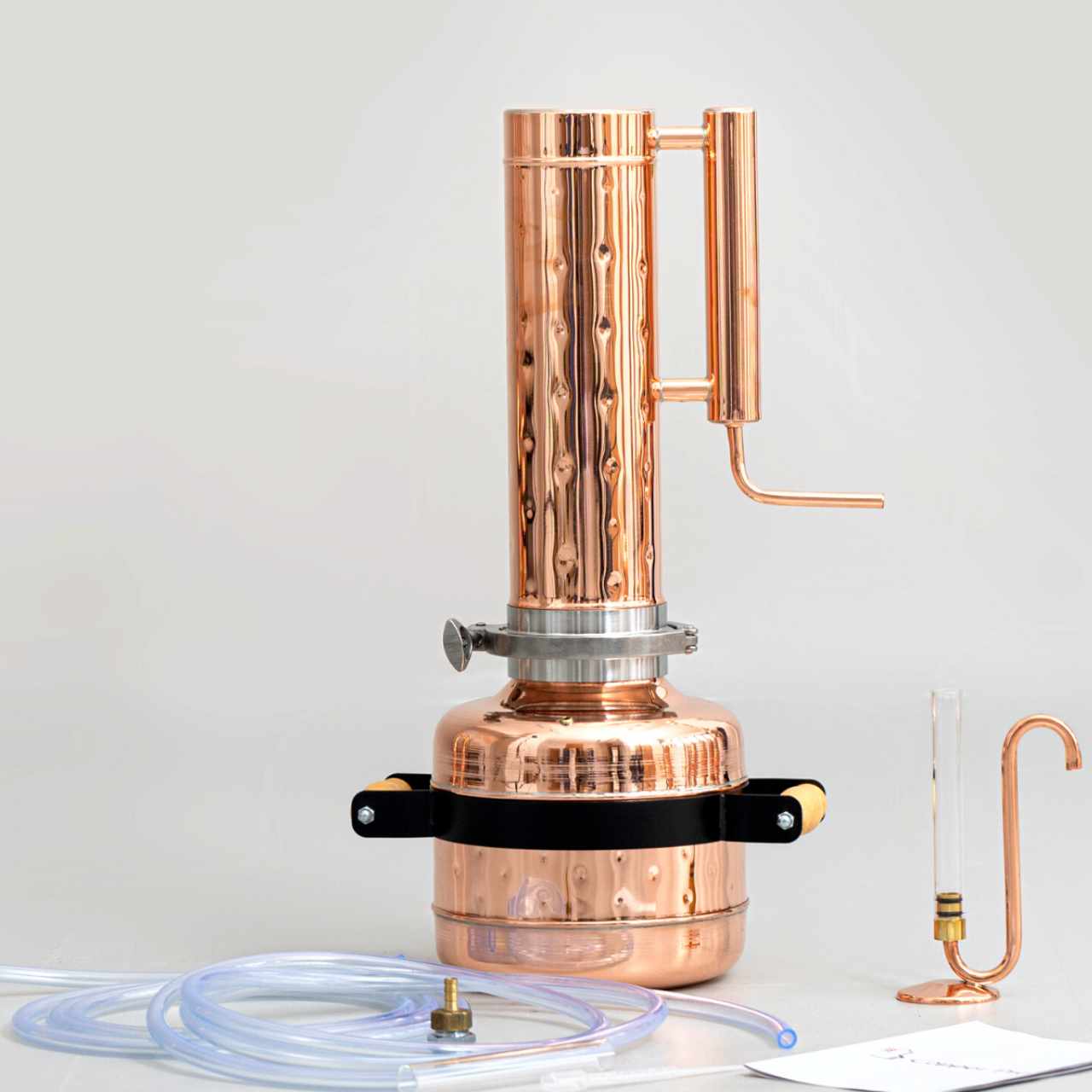
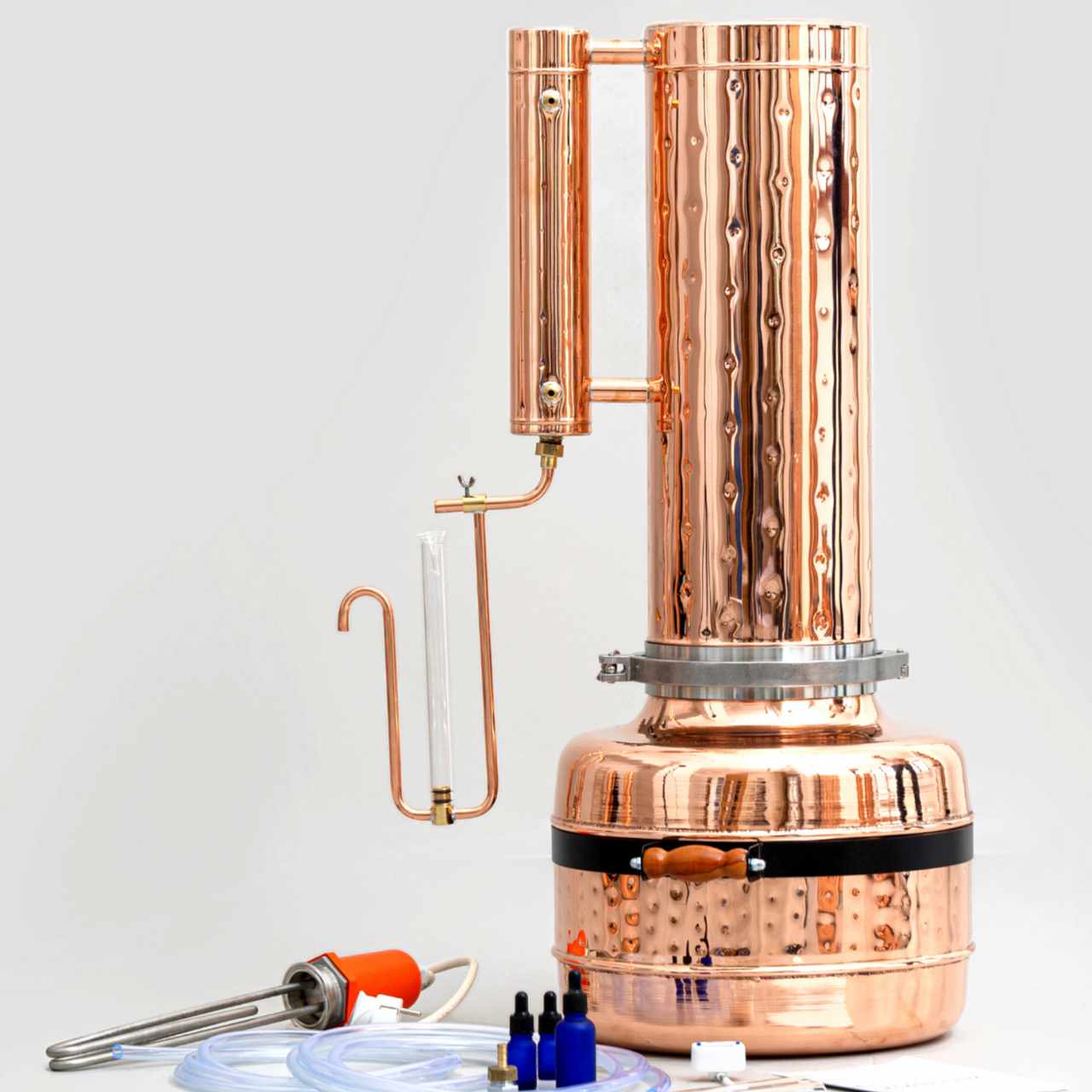
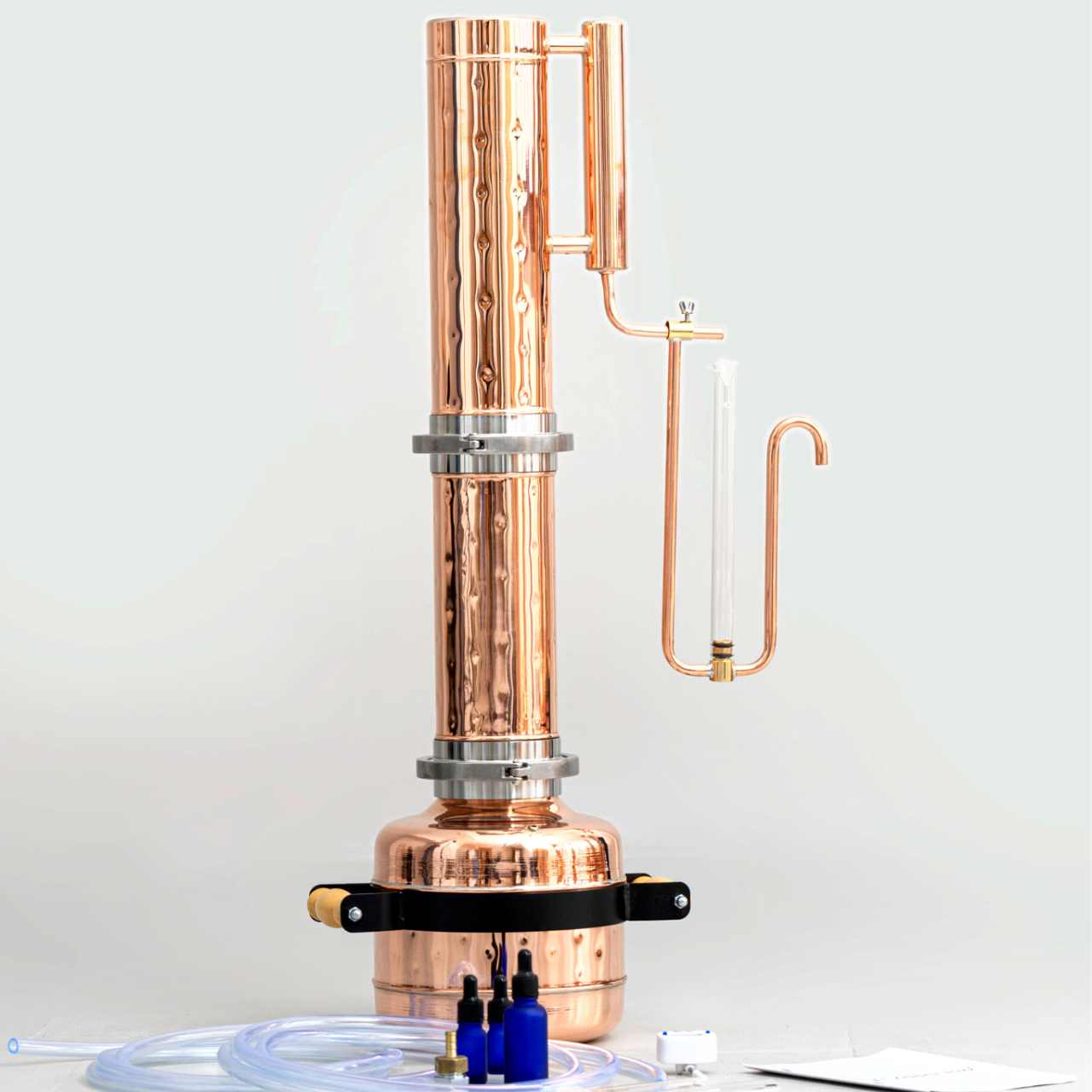
![Essential oil extractor 0.53G (2L) - [Premium Kit] - Copper Pro](http://copper-pro.com/cdn/shop/files/essential-oil-extractor-053g-2l-premium-kit-127057.jpg?crop=center&height=1280&v=1740390471&width=1280)
Comments (0)
Back to Blog Posts